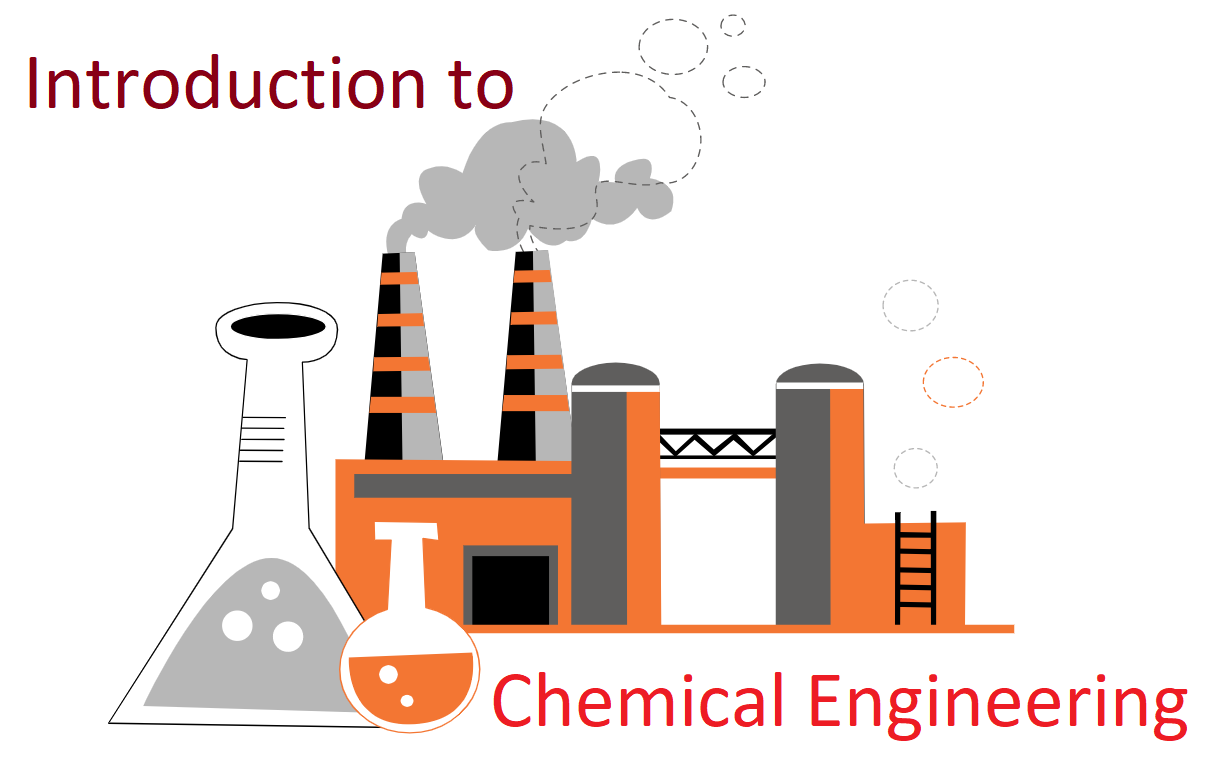
Technical support is provided by wind turbine technicians to ensure that wind energy devices work properly. They are responsible for inspecting, servicing, and repairing wind turbines in order to prevent any malfunctions. Wind techs should be able to recognize problems before they become major and prevent them occurring again. Wind turbine maintenance involves both scheduled and unscheduled maintenance. Wind turbines require routine servicing and lubrication of moving parts. Maintenance technicians need to be familiar with the different parts and systems of wind energy devices.
The skills required to be a windturbine technician include mechanical aptitude, communication skills, physical stamina, and good interpersonal skills. You should also be a problem solver and detail-oriented. Two-year technical schools are the norm for wind turbine technicians. Apprenticeships include on-the-job training at wind farm. To be considered for the role, you need to have good communication skills and a willingness to travel to wind farms.

The average wind turbine technician salary is $53K annually. Starting salary for this profession is $37K. After gaining experience, you can earn up to $80K. Wind turbine technicians' salaries vary from one state to the next. You should expect to earn a salary in the $50s if you have a strong work ethic and an aptitude for physical labor. You can work in small towns as a windtech if you are strong physically.
There are currently 116 800 wind turbine jobs in the United States. With more wind energy installed, the number of job opportunities for wind generator technicians will increase by 68%. As a result, the job outlook for wind turbine technicians is bright. This field is expected create high-paying jobs. A RAD torque device will enable wind turbine technicians service wind power stations. The national average for this field is $56,230. However, the median wind turbine technician salary is $56,230.
This occupation is one of America's fastest growing. According to the U.S. Bureau of Labor Statistics employment opportunities for solar photovoltaic installation and wind turbine technicians will increase by 96% in the coming decade. With wind power production costs falling, the job outlook for wind turbine technicians looks bright. Wind turbine technicians are responsible for maintaining the production of wind energy.

The cost of building windturbines will fall as more wind turbines become available. You can install a wind turbine every 1200ft, 2000ft, or 2 miles. To make it more affordable, an elevator can be installed in the tower. It will allow turbine personnel to access the hub. Unlike solar panels, wind energy uses a lot of land, so wind turbines can fit on a farm or other large property.
FAQ
What does a Chemical Engineer do?
To develop chemicals, products, technologies, or processes, chemical engineers must combine math, science and engineering.
Chemical engineers can specialize in areas such as petroleum refining, pharmaceuticals, food processing, agriculture, textiles, plastics, paper, mining, metallurgy, and power generation.
They work closely alongside scientists and researchers to solve difficult technical challenges.
What qualifications are required to study engineering?
No. All you need is good grades in your GCSEs (or equivalent). However, some universities do require applicants to achieve certain levels of academic achievement before they can enroll. Cambridge University, for instance, requires applicants to earn A*-C grades (in Maths, English Language or Science)
These requirements are not met, so you may need to take additional courses to prepare you for university entrance exams.
You might need to learn additional math/science subjects, as well as a course in a foreign language. These options can be discussed with your school's guidance counselors.
Are you a student who wants to be an engineer?
Engineering does not require a bachelor's Degree. Many employers prefer applicants who have degrees. If you don't have one, you can always take some classes online to get your degree.
Statistics
- Job growth outlook through 2030: 9% (snhu.edu)
- 2021 median salary:$95,300 Typical required education: Bachelor's degree in mechanical engineering Job growth outlook through 2030: 7% Mechanical engineers design, build and develop mechanical and thermal sensing devices, such as engines, tools, and machines. (snhu.edu)
External Links
How To
Which type of engineering should you study?
If you are interested in technology, engineering can be a rewarding career. There are many kinds of engineers. Each one has their own set of skills. Some specialize in mechanical design while others focus on electrical systems.
Engineers may work directly with clients to design buildings and bridges. Others might work in the background, creating computer programs or analysing data.
No matter which type of engineer, you'll learn how scientific principles can be applied to solve real-world problems.
Not only do students acquire technical skills but they also learn valuable communication and business skills. Engineers often work with accountants, managers and lawyers to develop innovative products and services.
You'll be able to explore topics such as mathematics, chemistry and physics while you are a student. You will also learn how communicate effectively verbally and in writing.
Engineering offers many opportunities for advancement, whether you work for a large company or a small startup. Many people find work right after graduating. There are many other options available for those who want to continue their education.
You can earn a bachelor's in engineering. This will provide you with a strong foundation for your future career. You might also consider a master's in engineering, which will provide additional training in specialized fields.
A doctorate program allows you to delve deeper into a particular field. The typical Ph.D. program is completed after four years of graduate study.